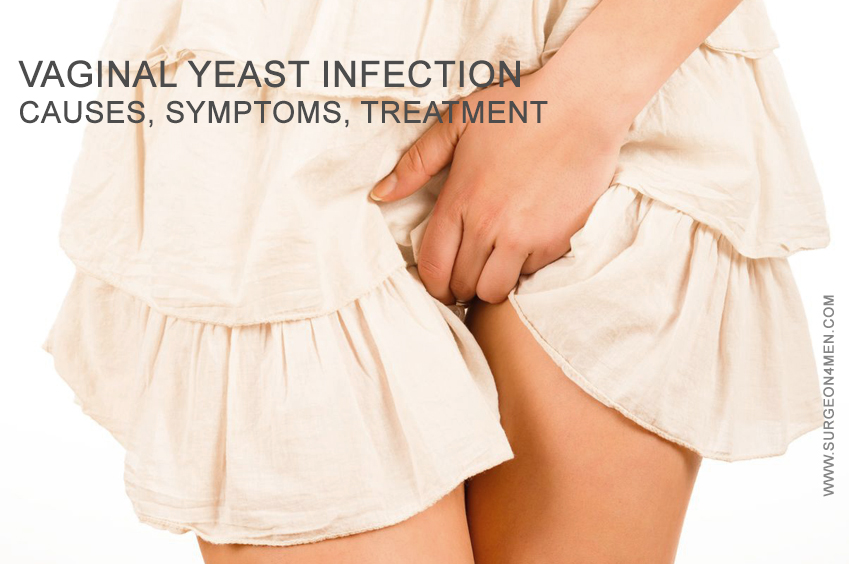Vaginal Yeast Infection: Causes, Symptoms, Treatment
An infection of the vagina, vaginal yeast infection is caused by fungus Candida albicans that lives in the vagina, mouth, skin, and digestive tract. Also known as candidiasis, the condition is associated with intense itching, irritation, and swelling. When the number of the fungus increases in the vagina, it causes infection.
Vaginal Yeast Infection Causes
The naturally occurring microorganism, candida is commonly found in the vaginal area. The lactobacillus bacteria keep the growth of the fungus in check. Any imbalance in the system could prevent these bacteria from working effectively, causing an overgrowth of yeast and resulting in vaginal yeast infections. The overgrowth of candida can be due to several reasons. The infection is commonly found in women who are:
- Pregnant
- Diabetic
- Stressed
- Suffering from an immune system disease/weak immune system
- Experiencing symptoms of hormonal imbalance near menstruation
- Taking birth control pills, steroids, or antibiotics for another infection
Antibiotics alter the healthy balance in the vagina by killing friendly bacteria in the body that are otherwise responsible for preventing the overgrowth of candida. Sugar provides a healthy environment for the growth of yeast. Women with high blood sugar or uncontrolled diabetes are more likely to have a yeast infection.
Though a yeast infection is not sexually transmitted, it can cause itching or rashes on penis in some men after having sexual intercourse with an infected female partner.
Vaginal Infection Symptoms
When the fungus causes an infection in the vagina, the condition may be termed as vulvovaginal candidiasis.
- Itching and burning sensation in the vagina and labia
- Pain during sex
- Soreness
- Redness and swelling of the skin in the vulva
- Cracks in the vulva skin
- Abnormal vaginal discharge, which may be thick or watery
Vaginal Yeast Infection Diagnosis
The doctor will enquire about the patient’s medical history and whether they have had experienced a similar vaginal yeast infection in the past. Then a pelvic exam is conducted to examine the vaginal walls and cervix to diagnose signs of infection. A vaginal culture is usually done on women who experience similar infections frequently.
Vaginal Yeast Infection Treatment
The treatment will be based on the severity and frequency of infection. More commonly prescribed medications to treat a yeast infection include Tioconazole, Miconazole, Butoconazole, and Clotrimazole. Avoid taking a medicine on your own. The best way to treat a vaginal infection is to keep the area clean and dry, and if symptoms persist, consult a doctor.
- Avoid using soap in the genital area.
- Douching is also not recommended for cleaning the vaginal area, as it removes healthy bacteria.
- If you are on antibiotics, it is important to take probiotics to prevent a yeast infection.
- Avoid wearing wet bathing suits or sweat-drenched clothes for longer periods of time to prevent a vaginal yeast infection.
